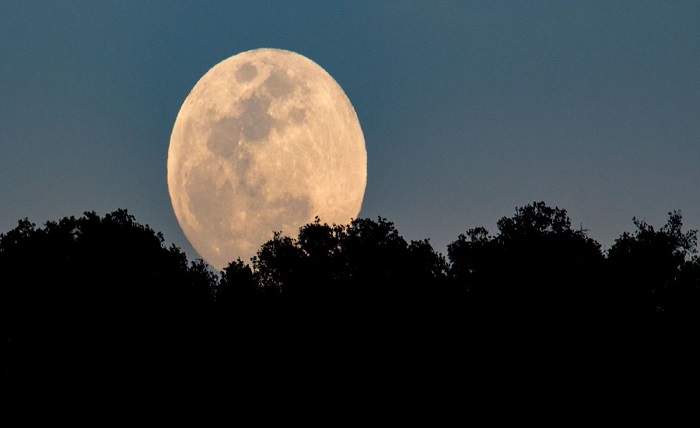The Moon is Beautiful, Isn’t It? Exploring the Meaning Beyond the Words

The phrase “The moon is beautiful, isn’t it?” is a simple statement on the surface. However, its meaning goes far beyond just appreciating the moon’s beauty. This phrase holds a special place in Japanese culture, often used to express deeper emotions and sentiments.
Origins of the Phrase:
The origins of the phrase are believed to be tied to the famous Japanese author Natsume Soseki. While the exact story varies, it goes that Soseki overheard a student awkwardly translating “I love you” into Japanese. He felt the direct translation, “Ware kimi wo aisu,” lacked the necessary nuance and sensitivity. Soseki then proposed using “The moon is beautiful, isn’t it?” as a more poetic and indirect way to express love.
Japanese culture emphasizes indirectness and subtlety in communication. Expressing emotions directly can be seen as blunt and insensitive. This is where the phrase “The moon is beautiful, isn’t it?” comes in. It allows individuals to express their feelings without being overly explicit, adding a layer of beauty and romance to the sentiment.
Beyond Love:
While the phrase is often associated with love, it can also be used to express other emotions, such as:
- Gratitude: Looking at the moon evokes a sense of wonder and awe, prompting feelings of thankfulness for its presence.
- Loneliness: The moon can be a source of comfort for those feeling alone, offering a sense of companionship and connection.
- Melancholy: The moon’s light can evoke a sense of nostalgia and longing, especially when reflecting on past memories.
- Peacefulness: Gazing at the moon can be a calming and meditative experience, offering a respite from the hustle and bustle of daily life.
The Power of the Unanswered Question:
The phrase “The moon is beautiful, isn’t it?” also holds power in its unanswered question. It invites the listener to participate in the moment, to share the speaker’s observation and contemplation. This shared experience fosters a sense of connection and intimacy, even without needing to explicitly express words of love or affection.
Beyond Japan:
While the phrase originated in Japan, its meaning and usage have resonated with people worldwide. Many have adopted it as a way to express love, appreciation, and other emotions in a more poetic and indirect way.
Conclusion:
The moon is beautiful, isn’t it? is a simple phrase with profound meaning. It transcends cultural boundaries, allowing individuals to express complex emotions in a delicate and meaningful way. Whether it’s love, gratitude, loneliness, or simply a shared appreciation for beauty, this phrase reminds us of the power of words and the unspoken bonds we can create through language.




